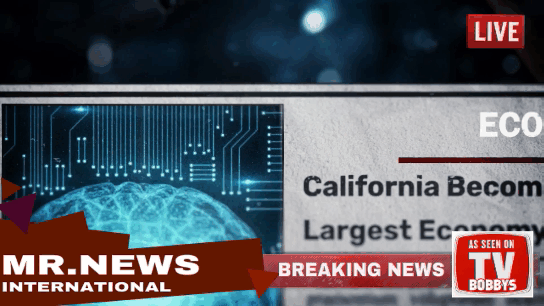-
play_arrow
NEWS NETWORK COMPANY RADIO NEWS NETWORK COMPANY RADIO
-
 play_arrow
play_arrow
MR. NEWS PODCAST NEWSCAST MR. NEWS
Brazil’s 2025 story is marked by political drama, economic resilience, environmental crossroads, and cultural vibrancy. The year has witnessed record-setting tourism, pivotal judicial reckonings, high-stakes diplomacy with the United States, and major global events positioning the country as both regional powerhouse and climate agenda leader.
Political Upheaval: Lula’s Challenges and Bolsonaro’s Reckoning
President Luiz Inácio Lula da Silva continues to navigate a volatile political landscape, including ongoing fallout from Jair Bolsonaro’s failed coup attempt in 2022. The Supreme Federal Court convicted Bolsonaro in September, sentencing him to 27 years in prison and imposing strict house arrest measures following revelations of conspiracy and threats against government leaders. Congress remains divided on amnesty debates, while landmark rulings saw the jailing of paramilitary-linked officials involved in the killing of councilwoman Marielle Franco—a watershed moment for political accountability.
The administration also faced tension over electoral transparency and racial equity, passing landmark bills increasing government job quotas for Afro-Brazilians and Indigenous communities to 30%. Meanwhile, protests surged after Congress rejected expanded criminal immunity for lawmakers, epitomizing Brazil’s struggle with democratic reforms and entrenched corruption.
US-Brazil Relations: Trade Wars and Diplomatic Thaw
This year’s relationship with the United States has been one of conflict and cautious reconciliation. President Donald Trump’s imposition of 50% tariffs on Brazilian exports sent shockwaves through agriculture, manufacturing, and energy sectors, igniting public backlash and government protests. Recently, leaders moved to mend fences: a cordial phone call between Trump and Lula signaled possible negotiation ahead of major summits, even as tariff and sanction disputes remain unresolved.
The US also sanctioned Supreme Federal Court Justice Alexandre de Moraes and family, intensifying diplomatic strain over judicial independence and human rights.
Social and Economic Trends: Digital Economy, Transport Reform, and Tourism Boom
Brazil’s economy has shown resilience despite fiscal stress. The real has tumbled amid debates over President Lula’s universal free public transport proposal—a move that could transform urban mobility if funding issues are resolved. Brazil’s homegrown digital payment system, PIX, continues to dominate daily life; over 80% of the population relies on it for transactions, sparking both acclaim and friction with US tech giants who allege unfair competition.
Tourism broke records, with over 7 million international visitors in the first nine months—driven by high-profile sector expos in São Paulo and cultural festivals nationwide. Brazil inked a landmark Mercosur trade deal with several Scandinavian countries, strengthening ties and expanding market access.
Environmental Leadership: COP30 Belém and Amazon Focus
November brings the United Nations Climate Change Conference (COP30) to Belém, positioning Brazil as a key player on climate debates. Lula’s government has cut Amazon deforestation rates but faces criticism for fossil fuel investments and handling of catastrophic floods and wildfires, underscoring the tension between environmental stewardship and industrial growth.
Crime, Justice, and Human Rights
Reports of violence, including police killings and hate crimes, remain a national challenge. Police in São Paulo registered a spike in lethal incidents, while major anti-wildlife trafficking operations led to the rescue of hundreds of animals in September. Human rights groups remain engaged as Congress debates amnesty for those convicted in post-election violence, with the world watching Brazil’s justice system.
Cultural Moments: Festivals, Sports, and Unity
Brazil’s famous spirit shines through festivals such as Rio Gay Pride Parade, Natal Luz de Gramado, and São Paulo’s major tourism expos. The national team qualified for the 2026 FIFA World Cup, with legendary coach Carlo Ancelotti at the helm, igniting optimism for sporting glory. Brazil’s UNESCO honors, local celebrations, and record-breaking concerts highlight a nation both diverse and united in resilience and pride.
The Road Ahead
As 2025 approaches its close, Brazil faces continued tests of democracy, climate leadership, economic adaptability, and global engagement. Its ability to navigate conflict and capitalize on opportunity—while maintaining social dynamism and its world-famous zest for life—will define its legacy in a year where the eyes of the world remain fixed on Rio, Brasília, and the Amazon.
Brazil’s story is one of bold transitions, spirited festivals, and relentless pursuit of justice—a country at the crossroads of crisis and innovation, with lessons for the world in every headline.
Written by: NEWS NET CO
Similar posts
Copyright NEWS.NET.CO - HOST: MR. NEWS




Post comments (0)